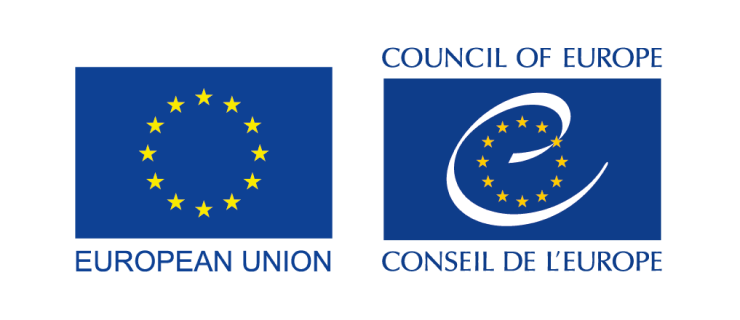International Organisation Resource
IHRA Recommendations for Teaching and Learning about the Holocaust
International Holocaust Remembrance Alliance (IHRA) • International Holocaust Remembrance Alliance (IHRA) • 2019
Levels and forms of education
Lower Secondary Education
Upper Secondary Education
Resource type
Recommendations, Resolutions, Decisions
Historic approaches concerned
Cultural History
Economic History
Global History
Local History
Microhistory
Political History
Social History
Transnational History
Historic period
Second World War
1918-1939 (“Interwar Period”)
20th Century
1900-1945
Countries or areas concerned
, Cross-regional, Serbia
Languages
Arabic, Bulgarian, Croatian, Czech, Danish, Dutch, English, Estonian, Finnish, French, German, Greek, Hebrew, Hungarian, Italian, Latvian, Lithuanian, Macedonian, Norwegian Bokmål, Polish, Portuguese, Romanian, Russian, Serbian, Slovak, Slovenian, Spanish, Swedish, Ukrainian
Description
Each IHRA Member Country is committed to encouraging the study of the Holocaust in all its dimensions. However, teaching about this complex and sensitive topic appropriately – and adapting it to the context of differing national educational systems – requires specialist knowledge. The newly-updated IHRA Recommendations for Teaching and Learning about the Holocaust were launched on 4 December 2019. These Recommendations are crafted to help educators with fact-based and educationally sound techniques for teaching the complex and nuanced history of the Holocaust. Education experts from 34 Member Countries worked together to create these Recommendations, which combine their years of specialist knowledge with the latest research in the field in an easy-to-use format. These Recommendations will allow you to: 1. Explain why teaching and learning about the Holocaust matters. The guidelines provide compelling reasons for covering the Holocaust in classroom curricula, so that students have a deeper understanding of the past and how it shapes the present. 2. Find appropriate sources for your learning environment. Covering this subject in a way which is both sensitive and accurate can be difficult; these recommendations include practical guidance on how to make your choices. 3. Bring curricula up to date with latest research. There’s a huge range of recent research in this field; we’ve made it easy to incorporate these findings into your classroom. “The field of teaching and learning about the Holocaust has evolved over the past two decades. The world is always, of course, changing as well. We want to ensure the Recommendations remain relevant for educators who must navigate current challenges and seize new opportunities.” — Jennifer Ciardelli, Project Co-Chair and Member of the IHRA's Educational Working Group
Keywords
Holocaust
Remembrance
Anti-Semitism
Nazi Germany
Nazism
Facism
Jews
Recommendations
International Organisations
IHRA
Porajmos
Roma
Anti-Ziganism
genocide
